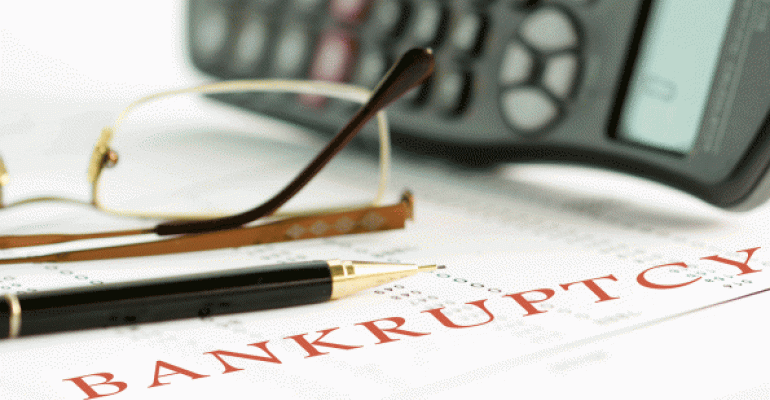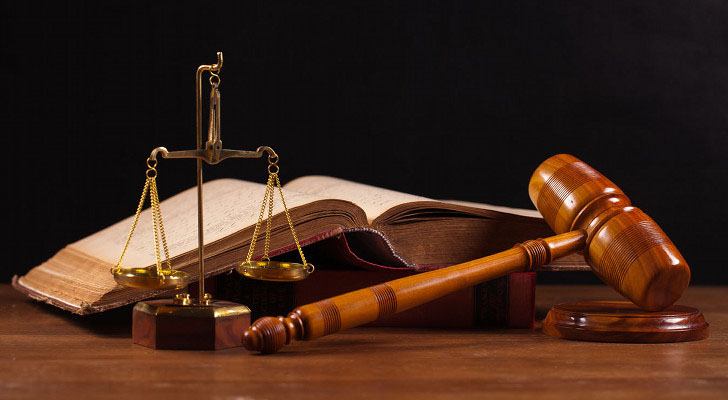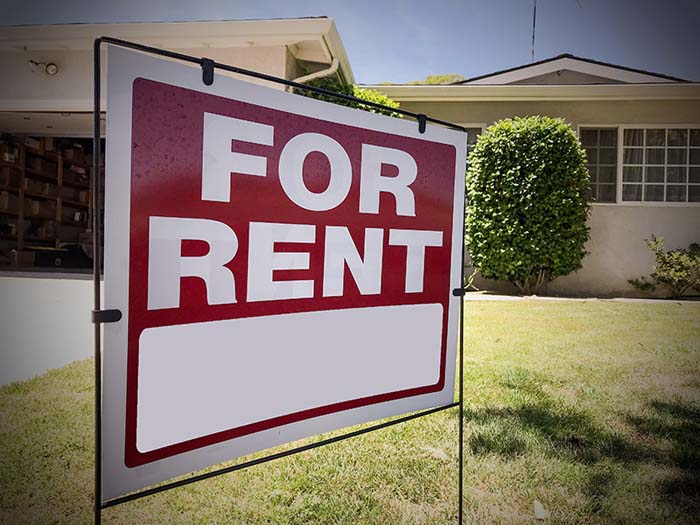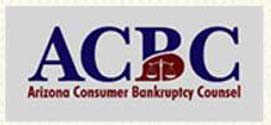Blog

Bankruptcy: Joint or Single Filing
I am married. Can I file without my husband? In a community property estate like Arizona, all assets and debts incurred during the course of the marriage “partnership” are considered community property. The exceptions are property received and debts incurred before marriage or after divorce, or property received through inheritance, whether it is received before, during, or after marriage.

Bankruptcy and Divorce
Is it better to file for bankruptcy before or after divorce? If a couple is considering divorce, it is generally better to file for bankruptcy before getting a divorce. In this way, all debts incurred during the course of the marriage are discharged as community debts.

Bankruptcy and Back Child Support
I am behind on my child support. Can filing bankruptcy help me? It depends on whether a Debtor files a Chapter 7 bankruptcy or a Chapter 13 bankruptcy. There are subtle differences.

Bankruptcy and Taxes
I owe taxes. Can filing bankruptcy help me? Generally, tax debts are not dischargeable in bankruptcy. However, in law, there are always exceptions to the rule. If a tax debt is more than ten years old and the Internal Revenue Services has made no attempt to collect it, the tax debt will be barred by the Statute of Limitations and will no longer be collectable.

Will Filing Bankruptcy Affect My Tax Refund
If I file for bankruptcy, will it affect my tax refund? It depends on the time of the year that the bankruptcy is filed. After a bankruptcy petition is filed, the tax refund is considered property of the bankruptcy estate. This means the trustee has the right to that refund so that he or she can distribute it equally to the unsecured creditors.

Can Filing Bankruptcy Stop a Lawsuit?
I am being sued. Can filing for bankruptcy stop a lawsuit? Yes and no. The end result of a lawsuit is a judgment against the loosing party, resulting in money damages. If a creditor wins a lawsuit against the Debtor, the creditor must collect on that judgment.

Bankruptcy and Rental Property
If I file for bankruptcy, will I loose my second house? It depends on whether a Chapter 7 bankruptcy or a Chapter 13 bankruptcy is filed. A Chapter 7 bankruptcy is also known as a “liquidation” bankruptcy. If a Chapter 7 is filed by an individual or a consumer, as opposed to a business, the consumer gets to keep only that property which is exempt under Arizona law.

Bankruptcy and Foreclosure
I am behind on my mortgage payments – can bankruptcy protect my home? Yes and no, depending on which bankruptcy chapter one chooses to file. At first, all the property that a Debtor owns except property that is exempt under Arizona law (if the Debtor lives in Arizona) becomes part of the bankruptcy estate, regardless of which Chapter is filed. The exempt property and the property in the bankruptcy estate is protected by the automatic stay.

President Obama Announces To Give Work Permits to Undocumented Immigrants With Children
As President Obama returns from his trip to Asia, he was planning to allow parents of US citizen children who are American citizens or legal residents to apply for work authorization so that they could work legally and not worry about deportation.

Presidente Obama Estaba Pensando en Extender la Accion Diferida a Los Inmigrantes Indocumentados
Aunque se ha especulado en las noticias durante el ultimo par de semanas que el Presidente Obama estaba pensando en extender la accion diferida a los inmigrantes indocumentados de una manera similar a la accion diferida concebida a los jovenes con diploma de la escuela secundaria hace unos anos, esto era solo un juego de adivinanzas.




